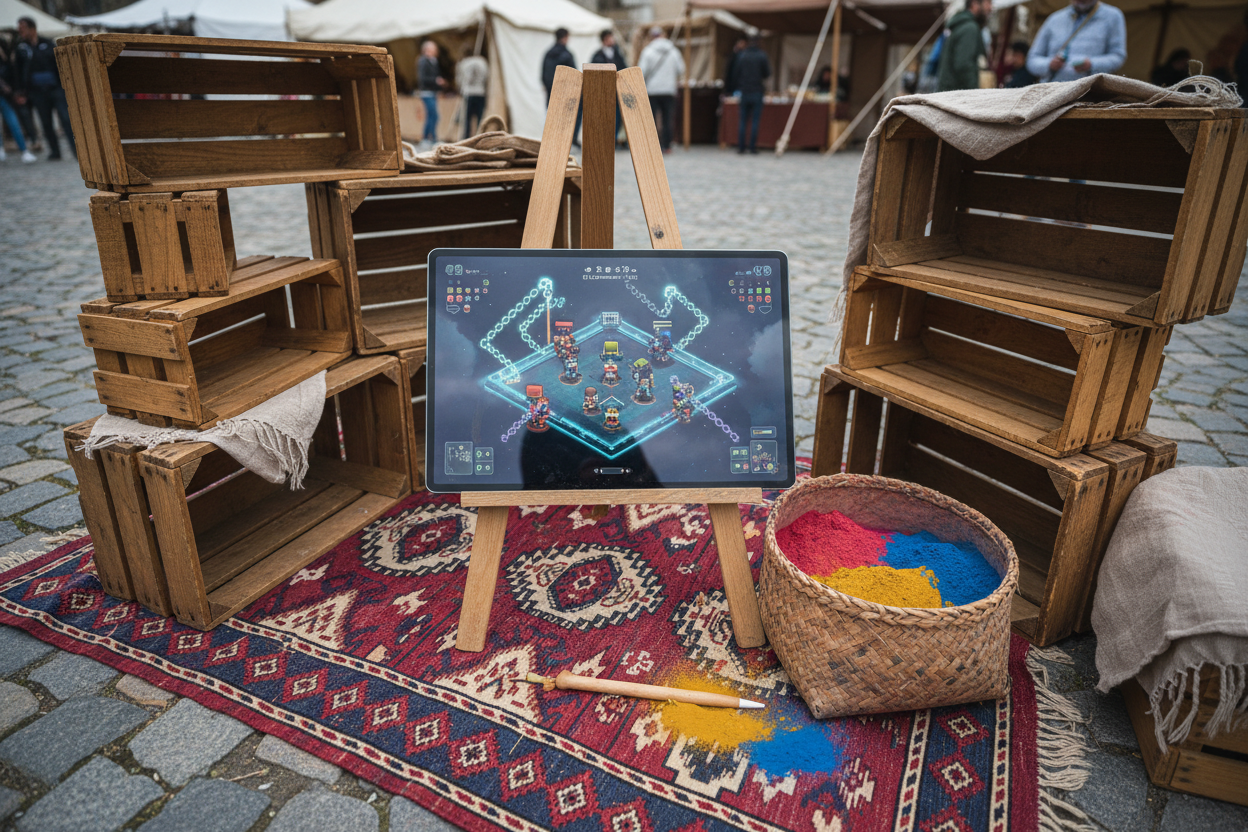AI-Powered On-Chain Games: Integrating AI Agents with Blockchain Gameplay
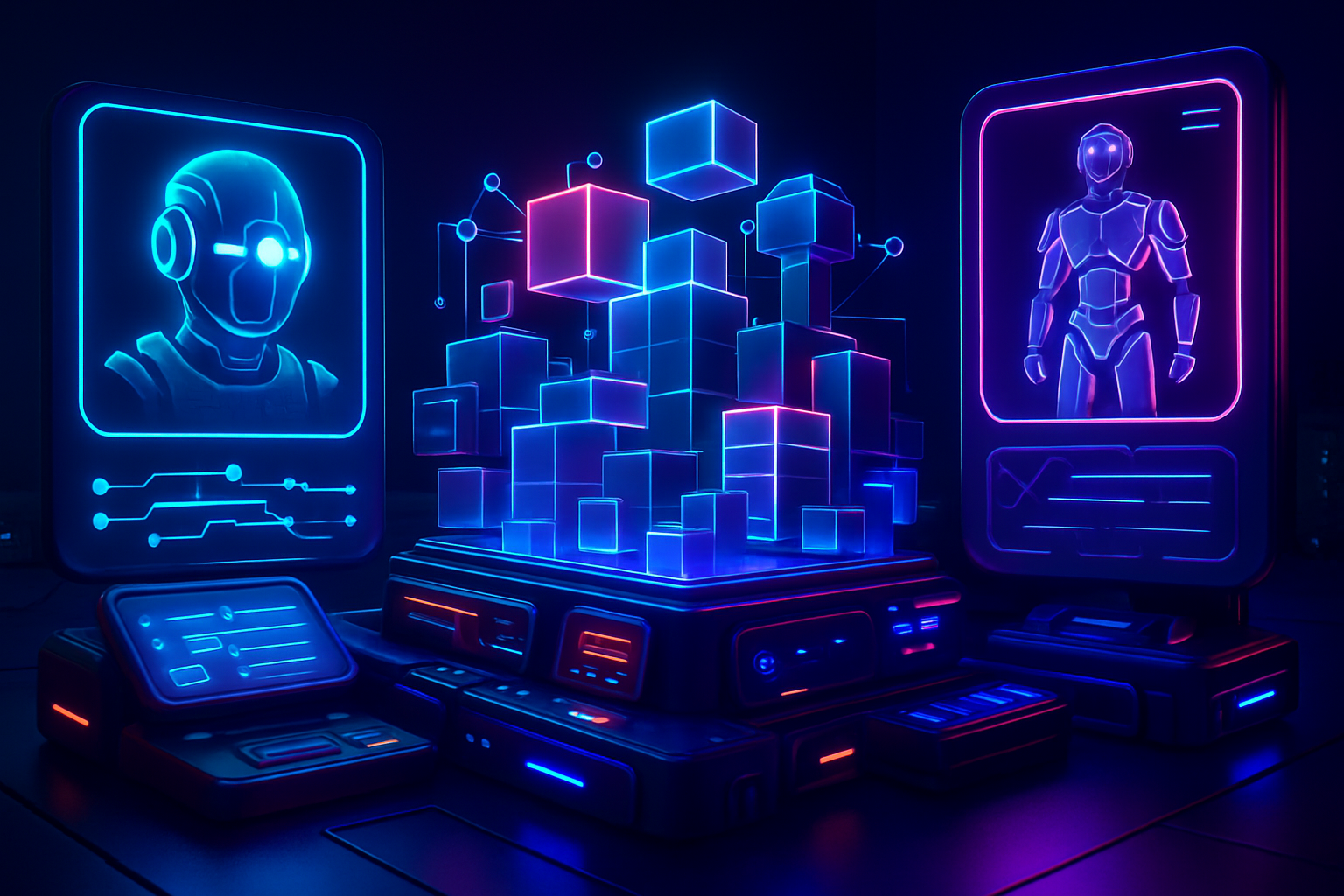
AI-powered on-chain games are rapidly redefining what’s possible in Web3 gaming, fusing autonomous intelligence with the transparency and verifiability of blockchain. The integration of AI agents isn’t just a technical upgrade, it’s a paradigm shift that unlocks new layers of strategy, immersion, and dynamic interaction for both players and developers. At the heart of this revolution are three design paradigms: MUD (Modular Universal Data), Dojo, and Zypher. Each engine brings unique strengths to the table, making them foundational pillars for anyone serious about building or playing next-gen blockchain AI games.
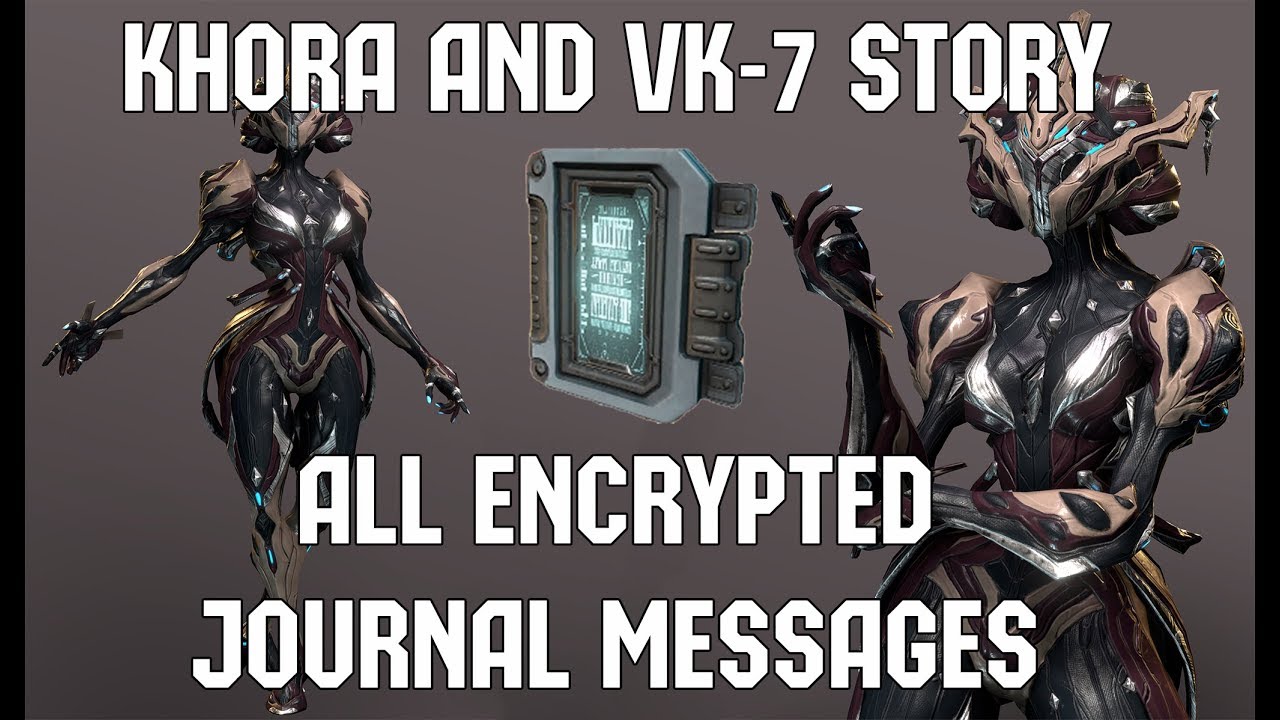
Why AI Agents Are Supercharging On-Chain Games
AI agents, powered by advanced machine learning, are now capable of much more than just automating repetitive tasks. In today’s leading on-chain games, these agents analyze player behavior, adapt to evolving environments, and even drive emergent storytelling. This isn’t sci-fi; it’s happening now in titles like Illuvium and Blocklords, where AI companions offer real-time strategic advice or form dynamic relationships based on in-game choices (source).
The result? Player engagement skyrockets. Games become living worlds where every session feels unique. Automated gameplay means less grind and more fun. And with AI-driven environments, no two matches ever play out the same way.
“Momentum is money, catch the wave or miss the ride. “
The Three Core Paradigms: MUD, Dojo and Zypher
Top Engines Powering AI Integration in On-Chain Games
-
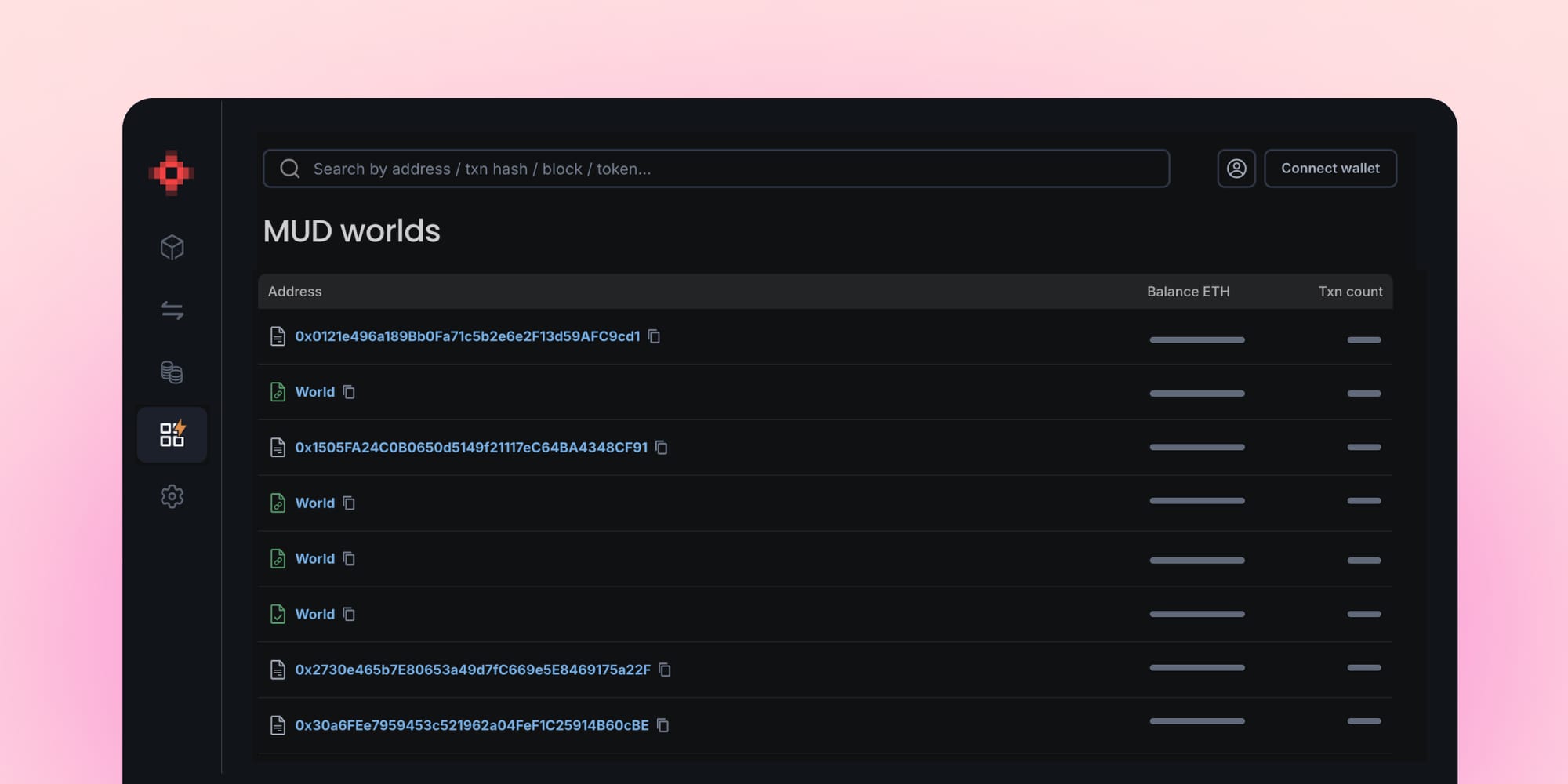
MUD (Modular Universal Data): The leading fully on-chain game engine, MUD provides a modular, composable framework for building complex blockchain games. Its architecture enables seamless integration of AI agents by allowing external compute (off-chain AI) to interact with on-chain state, making it highly relevant for AI-powered gameplay.
-
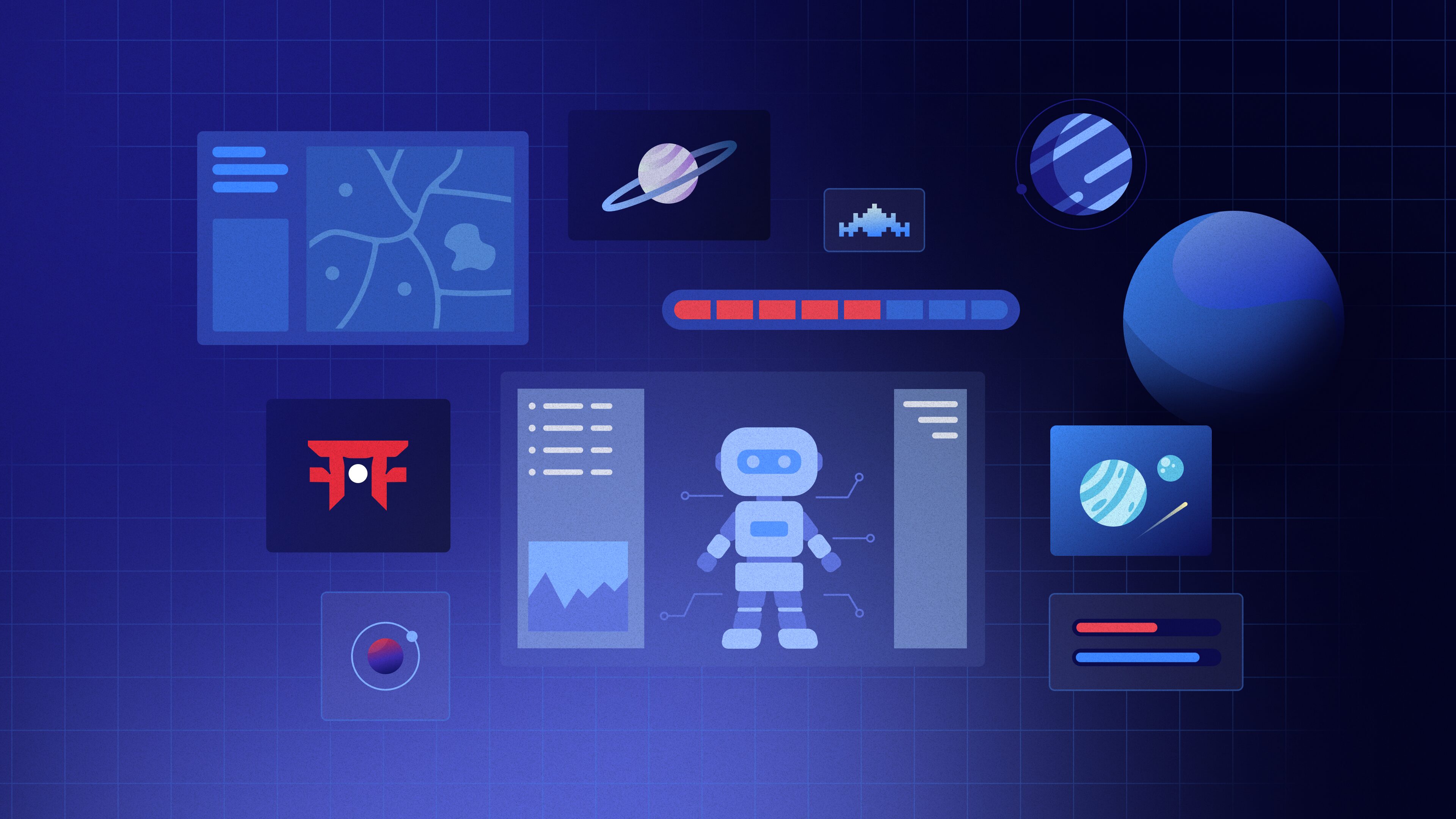
Dojo: A high-performance, provable game engine designed for the Starknet ecosystem, Dojo emphasizes scalability and verifiability. Its ECS (Entity Component System) model is optimized for integrating autonomous AI agents directly on-chain, supporting advanced game logic and real-time interactions between AI and players.
-
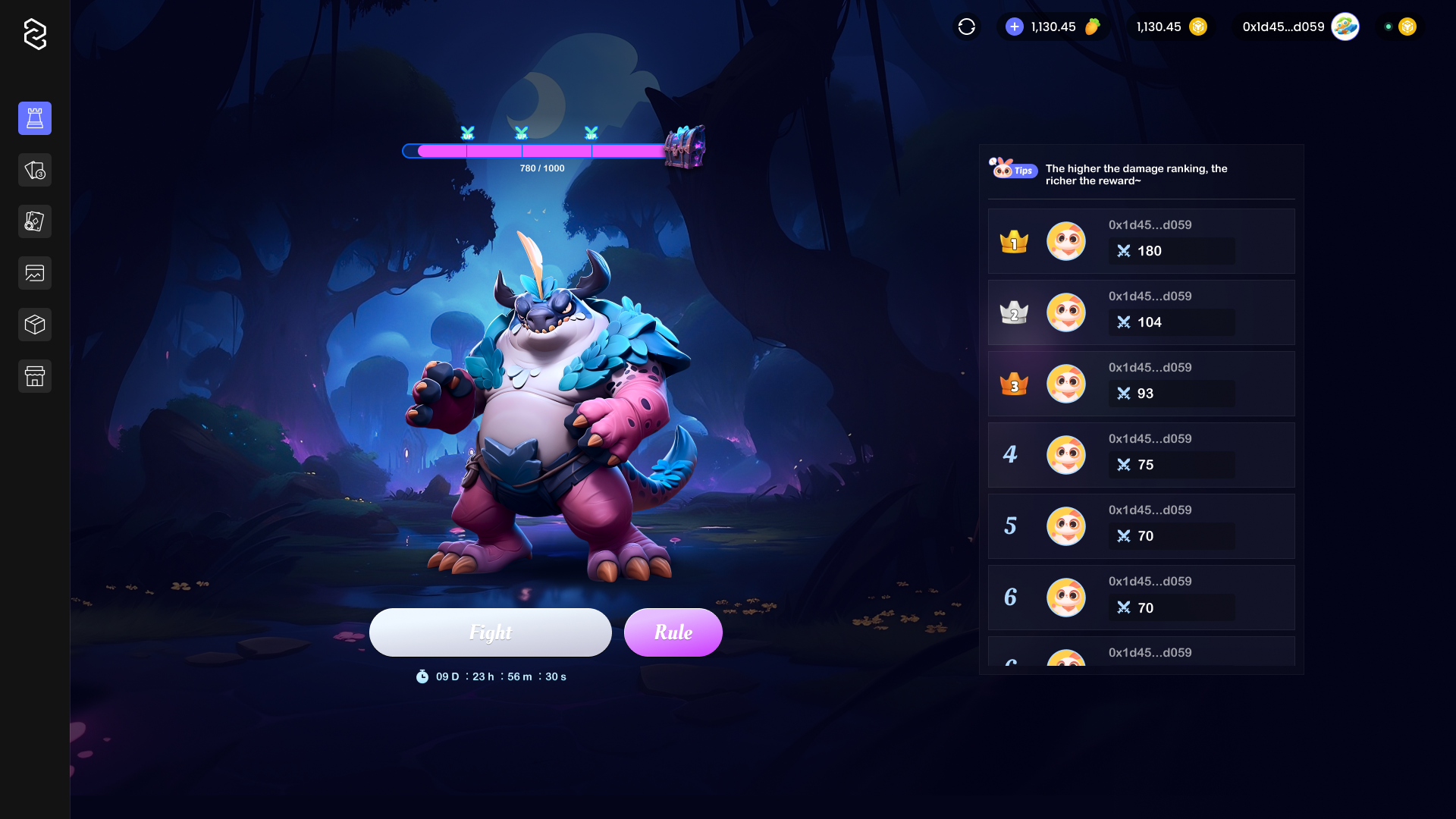
Zypher: An emerging on-chain game engine focused on deterministic execution and interoperability. Zypher is designed to support AI-driven mechanics by ensuring all agent actions are fully transparent and verifiable on-chain, making it suitable for trustless, AI-integrated Web3 gaming experiences.
MUD (Modular Universal Data): As the flagship fully on-chain game engine, MUD stands out for its modularity and composability. Developers love MUD because it lets them plug in off-chain AI compute that can interact directly with on-chain game state, a critical feature for advanced AI-powered mechanics. Whether you want an NPC that evolves based on player actions or an economic agent optimizing DeFi strategies within your game world, MUD’s architecture makes it possible.
Dojo: Engineered for high performance on Starknet using Cairo, Dojo is all about scalability and provable outcomes. Its ECS (Entity Component System) model is tailor-made for deploying autonomous AI agents right on-chain. This means you can build games where both human players and smart AI compete or collaborate transparently, and every action is cryptographically verifiable by anyone.
Zypher: The new kid on the block, Zypher prioritizes deterministic execution and interoperability across chains. Its approach ensures that every move made by an AI agent is not only transparent but also reproducible by any observer, a must-have for trustless competitive gaming or collaborative simulations powered by decentralized intelligence.
Tactical Advantages: What Makes These Engines a Game-Changer?
The unique designs of MUD, Dojo, and Zypher open up tactical opportunities that simply aren’t possible in traditional Web2 or even hybrid Web3 games:
- Seamless Off-Chain/On-Chain Sync: With MUD’s modular framework, external AI models can analyze game data off-chain then execute validated moves back on-chain, enabling smarter bots without sacrificing decentralization.
- Real-Time Autonomous Agents: Dojo’s ECS lets devs deploy fully autonomous NPCs directly onto Starknet L2, think PvP tournaments between humans and AIs where everything is provable.
- Deterministic Fairness: Zypher guarantees that all agent actions are transparent and replayable by anyone, perfect for competitive scenes where provable fairness is non-negotiable.
This trio of engines forms the backbone of today’s most ambitious blockchain gaming experiments, and they’re already powering headline-grabbing collaborations like Yeomen. ai demos with MUD/Dojo (source) as well as hackathons uniting Web3 and AI pioneers (source). If you’re looking to build or invest in the future of interactive entertainment, these are the ecosystems to watch.
What’s especially exciting is how these engines are lowering the barrier for both indie creators and established studios to experiment with AI-driven game economies and mechanics. MUD’s open architecture means you can rapidly prototype AI agents that learn from, and react to, on-chain events, no need to reinvent the wheel for every new project. Dojo’s Cairo-based stack makes it possible to run complex agent logic natively on Starknet, opening the door to games where AI and human players operate on a level playing field with transparent rules. Meanwhile, Zypher is pushing the envelope for cross-chain AI coordination, making it easier than ever to build persistent worlds where agents can migrate or interact across ecosystems.
How Developers and Players Are Leveraging These Paradigms
The developer community is already seizing these opportunities. At recent hackathons like Nitro (featuring MUD, Dojo, and Moonshot Commons), teams showcased everything from decentralized AI-run marketplaces to PvP battlers where bots adapt in real time (source). For players, this means richer worlds: think guilds managed by autonomous agents or storylines that evolve based on collective player actions rather than static scripts.
One standout example is Yeomen. ai’s demo at Devcon, showcasing how external AI services can interact live with MUD/Dojo-powered games (source). These integrations aren’t just technical showcases; they’re blueprints for a new generation of games that are more collaborative, unpredictable, and player-driven than anything we’ve seen before.
Key Benefits of AI-Integrated On-Chain Engines
- Verifiable Autonomy: Every action by an agent is recorded immutably on-chain, building trust between devs and players.
- Permissionless Innovation: Open-source frameworks empower anyone to deploy new types of agents or mechanics without waiting for centralized approval.
- Composable Economies: Agents can act as traders, quest-givers, or even DAO governors, interacting seamlessly with DeFi protocols or NFT markets within the same game world.
What’s Next? The Road Ahead for Blockchain AI Games
The momentum behind these paradigms isn’t slowing down. As more teams explore what’s possible at the intersection of machine learning and verifiable ledgers, expect to see:
- Sophisticated NPCs: Characters that remember your choices across sessions (and even across games) thanks to persistent on-chain state.
- Dynamically Evolving Worlds: Entire economies or quest lines managed by swarms of autonomous agents tuned by real-world data feeds.
- Crowdsourced Intelligence: Open competitions where anyone can submit an agent (or upgrade code) to compete in-game for rewards, a true fusion of gaming and decentralized science.
Top Game Engines Powering AI On-Chain Games
-
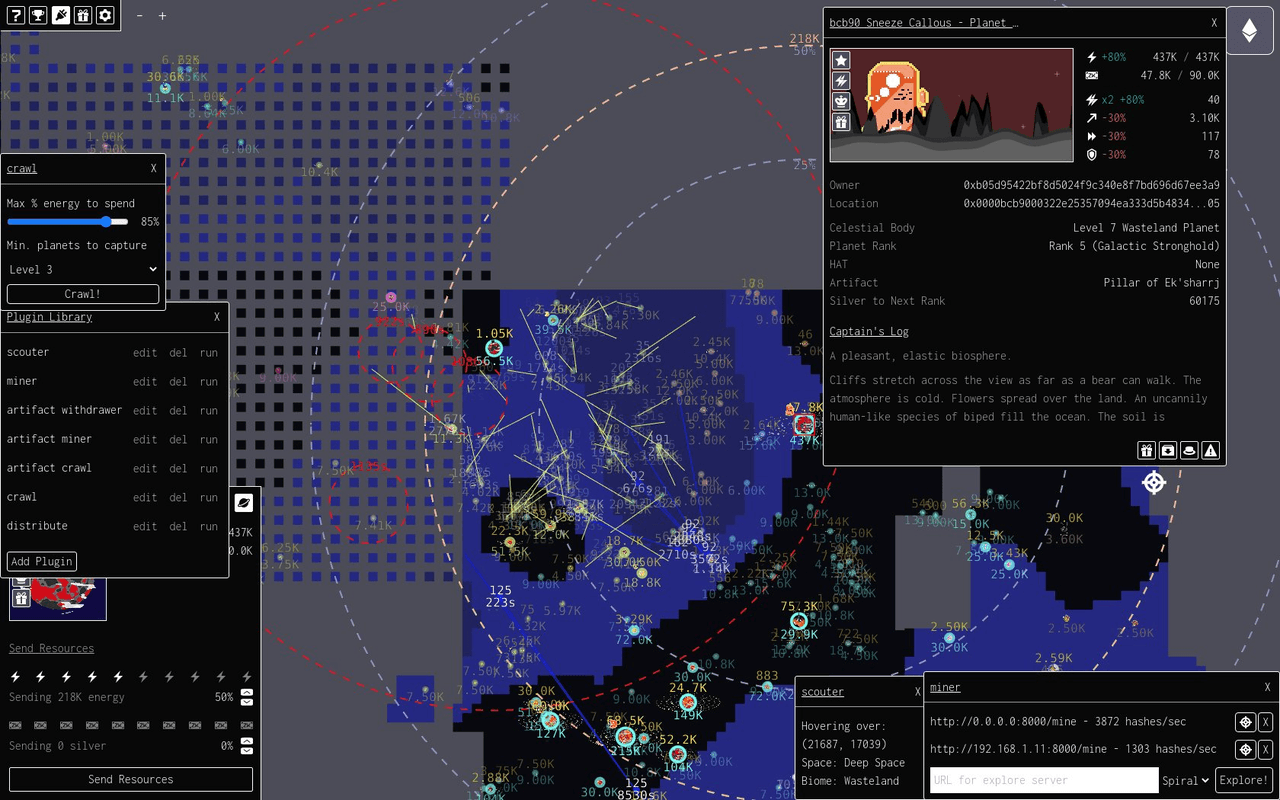
MUD (Modular Universal Data): The leading fully on-chain game engine, MUD offers a modular, composable framework for building complex blockchain games. Its architecture enables seamless integration of AI agents by allowing external compute (off-chain AI) to interact with on-chain state, making it highly relevant for AI-powered gameplay. Popular projects: PopCraft, Yeomen.ai demos
-

Dojo: Tailored for the Starknet ecosystem, Dojo is a high-performance, provable game engine that emphasizes scalability and verifiability. Its ECS (Entity Component System) model is optimized for integrating autonomous AI agents directly on-chain, supporting advanced game logic and real-time interactions between AI and players. Popular projects: Dojo Hackathon entries, Yeomen.ai integrations
-
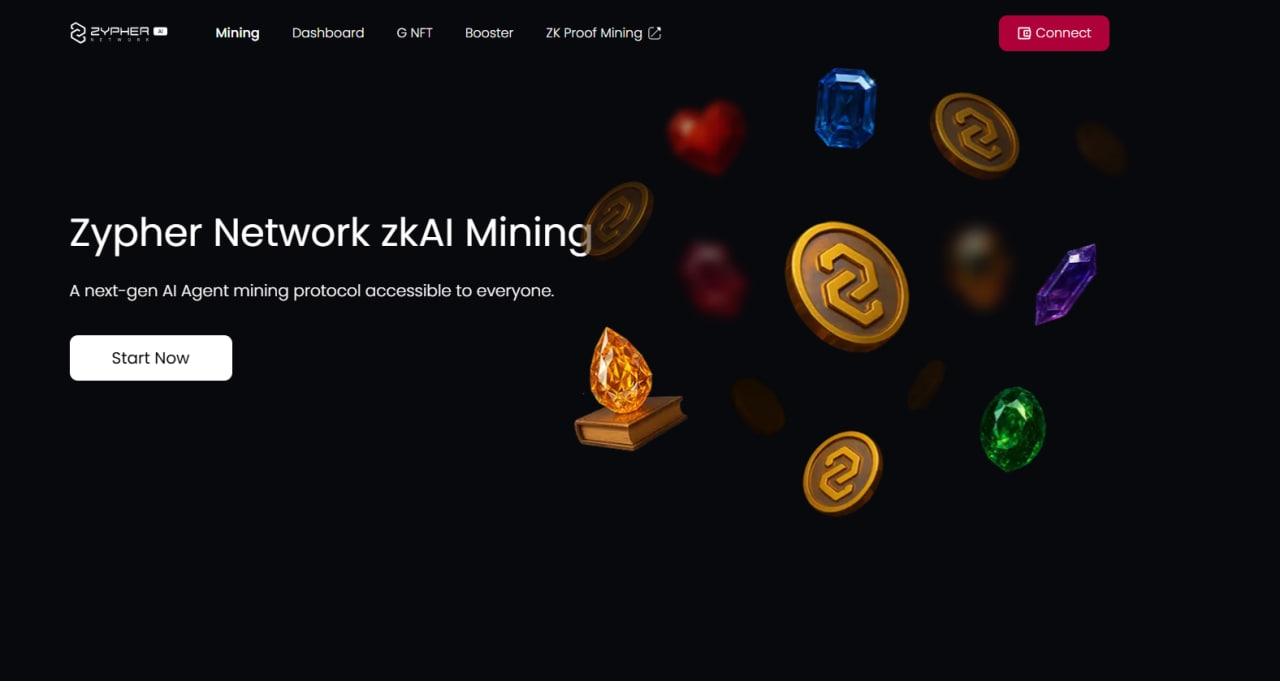
Zypher: An emerging on-chain game engine, Zypher focuses on deterministic execution and interoperability. Zypher is designed to support AI-driven mechanics by ensuring all agent actions are fully transparent and verifiable on-chain, making it suitable for trustless, AI-integrated Web3 gaming experiences. Popular projects: Zypher AI agent gameplay showcase
If you’re looking for tactical alpha as a trader or builder in this space: keep your eyes glued to projects leveraging these engines. The innovation curve is steep, and those who ride it early stand to benefit most as Web3 gaming matures into a playground for both human creativity and artificial intelligence.






